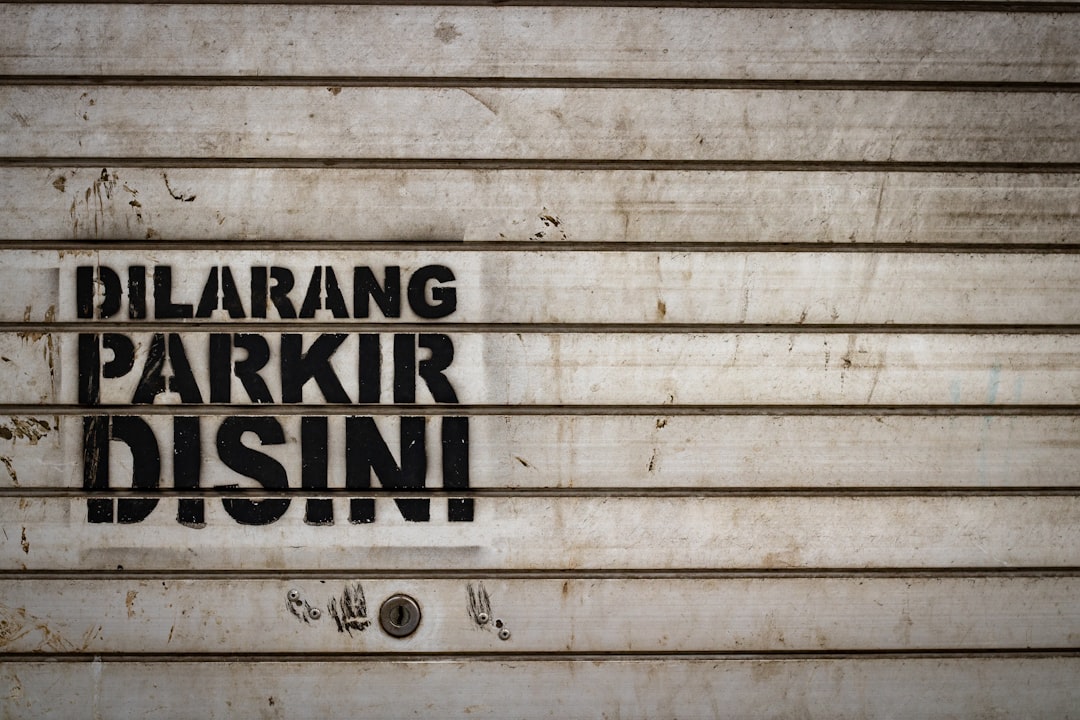In New Jersey, assault cases are strictly regulated, with hospital lawyers playing a crucial role in ensuring immediate medical care and meticulously documenting patient records as vital evidence. These records provide detailed insights into assault injuries, treatment history, and post-assault conditions, strengthening legal arguments for compensation. Hospital lawyers leverage metadata analysis, including timestamps, geolocation tags, and digital activity logs, to uncover critical information missed by the untrained eye, fortifying their strategies for justice in complex assault cases. They navigate a vast data spectrum through robust e-discovery techniques, identifying key pieces of evidence and maintaining metadata integrity to enhance case credibility.
In New Jersey, assault cases present unique challenges for both prosecutors and defense, including a thorough examination of metadata within medical records. This article delves into the intricate landscape of assault litigation in the state, focusing on the role of hospital records. We explore how metadata analysis can uncover critical insights, impacting strategies for hospital lawyers navigating these complex cases. Understanding New Jersey’s legal framework and leveraging medical data effectively are key to achieving just outcomes, particularly for those represented by skilled hospital attorneys.
Understanding New Jersey's Legal Framework for Assault Cases
In New Jersey, assault cases are governed by a comprehensive legal framework designed to protect victims and ensure justice. The state’s laws define assault as any intentional act that causes fear of imminent physical harm or injury. Understanding this definition is crucial for both victims and hospital lawyers in New Jersey when navigating these cases. Key aspects include the element of intent, which must be proven to establish liability, and the standard of reasonable force that can justify defensive actions.
New Jersey’s legal system also emphasizes the importance of prompt medical attention for assault victims. Hospital lawyers in New Jersey play a vital role by ensuring that victims receive adequate care and that any medical records related to the incident are thoroughly documented. These records often serve as crucial metadata, providing insights into the nature and extent of injuries sustained during an assault. Effective legal representation relies on interpreting this metadata accurately to build a compelling case for compensation and justice.
The Role of Hospital Records in Assault Litigation
In any assault case, hospital records play a pivotal role in litigation. These records serve as invaluable evidence, offering detailed insights into the victim’s injuries, treatment history, and immediate post-assault conditions. Hospital lawyers in New Jersey often rely on these documents to construct robust legal arguments, backed by concrete medical facts. The metadata within these records, including patient demographics, admission times, and diagnoses, can provide crucial context, enhancing the case’s strength.
For instance, hospital records might reveal the severity of injuries, which can impact sentencing if the defendant is convicted. They also document interactions between patients and healthcare providers, potentially uncovering statements or descriptions of the assault that could be admissible in court. Hospital lawyers in New Jersey use these records to navigate complex legal terrain, ensuring their clients’ rights are protected and the truth is presented in court.
Analyzing Metadata: Uncovering Key Insights in Assault Cases
In the intricate landscape of legal proceedings, especially in high-stakes assault cases, metadata analysis has emerged as a powerful tool for hotel lawyers in New Jersey. By delving into the seemingly insignificant details and digital remnants left behind, hospital lawyers can uncover crucial insights that may otherwise remain hidden. This process involves scrutinizing various data points, from timestamps and geolocation tags to device activity and communication logs, all of which can paint a vivid picture of events leading up to and during an assault.
Such an analytical approach allows legal professionals to navigate complex web of information efficiently. For instance, metadata might reveal patterns in a suspect’s movements, establish alibis or, conversely, expose inconsistencies. In the hands of adept New Jersey hospital lawyers, these data-driven revelations can significantly strengthen cases, ensuring justice is served and the rights of all parties are protected.
Strategies for Hospital Lawyers in Navigating Complex Assault Metadata
In the intricate landscape of New Jersey assault cases, hospital lawyers face a unique challenge: navigating complex metadata that can significantly impact their strategies. The first step for legal professionals is to understand the vast array of data involved, from patient records and medical reports to police documentation and digital evidence. By employing robust e-discovery techniques, they can efficiently sift through this metadata, identifying key pieces of information that may strengthen or weaken their case.
For instance, hospital lawyers should focus on extracting relevant details such as timelines, witness statements, and prior medical history. Leveraging advanced analytics tools can help uncover patterns and inconsistencies, which are crucial in building a compelling argument. Additionally, ensuring the integrity of metadata is paramount; hospital lawyers must adhere to meticulous documentation practices to maintain the chain of custody for all evidence, thereby enhancing the credibility of their case.





